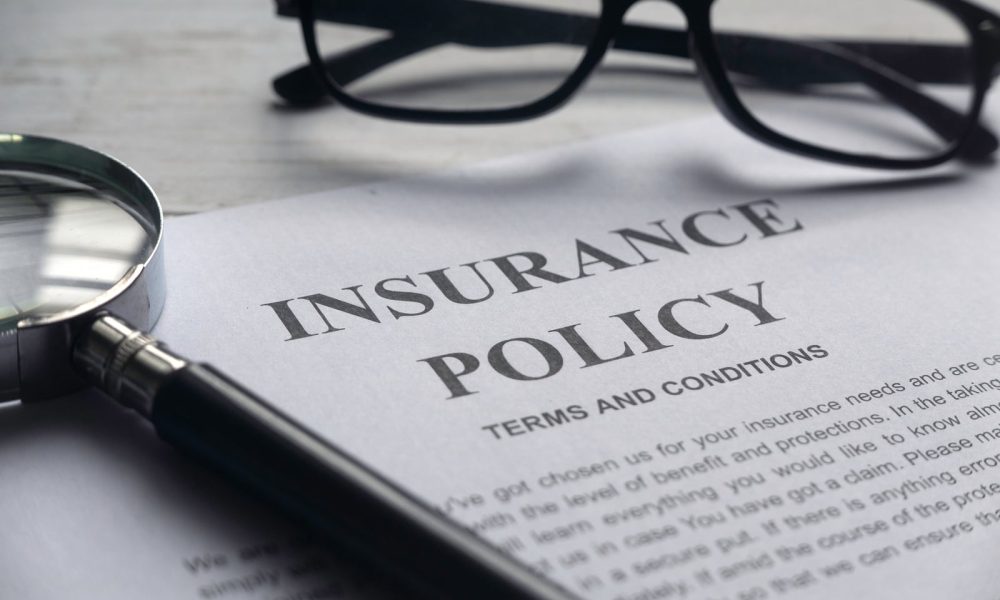It appears the Florida home insurance industry is in a state of crisis. More than 17 Florida homeowner insurance companies could lose their A-rating. If you have a mortgage, your insurer must be A-rated.
If your insurer’s rating drops your mortgage company will force you to find new insurance, which isn’t easy right now and will cost you thousands more in premiums each year. This especially affects federal loans backed through guarantors Fannie Mae and Freddie Mac, who require borrowers to maintain coverage with A-rated insurers.
What is the cause of this insurance chaos? Many are quick to blame Ohio-based insurance rating agency Demotech for pulling the A-ratings of these insurers. But Mark Friedlander of the Insurance Information Institute says the problem is rampant fraud.
Florida home insurers have been inundated in recent years by scammers. hail-chaser contractors who come in after a hurricane or other violent storm and convince homeowners to let them file claims for unnecessary repairs. To stay afloat, these insurance companies have initiated policies that have only made matters worse, both for them and for homeowners.
Not only have they raised premiums anywhere from 50% to 100%, but Florida insurers are demanding their clients make various repairs, like replacing roofs, water heaters, plumbing and electrical that are unnecessary. All in an effort to reduce the chances their clients will file a claim. They are giving homeowners an ultimatum: fix your roof or get dropped.
It isn’t simple greed driving this, but the need to stay afloat so that insurers can service their clients who have legitimate claims. For many insurance companies its either adopt these practices or go out of business. Some choose to leave the state before that happens, which limits choice and raises rates.
“We have had two carriers enter the state over the last two years,” Florida’s Chief Financial Officer Jimmy Patronis told News 4. “We’ve had four leave. It just does not help for a ratio of creating cheaper insurance.”
Fraudulent claims aren’t the only problem. There are also the lawsuits, which, according to Patronis, can cost a company 20 times the amount of the claim. Insurers in Florida must pass these costs onto consumers and make new requirements to reduce the number of claims.
Fortunately, there is some relief on the way. Florida lawmakers recently passed a few measures that will help solve the problems plaguing Florida insurers.
The “home hardening” tax exemption provides help for making hurricane-related improvements. For each $1 a homeowner spends on hardening improvements such as impact-resistant doors, windows, and garages, the program provides $2 up to $10,000 toward these improvements. A total of $150 million has been allocated for the program. See the Florida Insurance Consumer Advocate website to find out if your home qualifies.
Senate Bill 4D states that if a roof was built, repaired, or replaced in compliance with the 2007 Florida Building Code or later and at least 25% of the roof is being repaired, replaced, or recovered only the section being repaired, replaced, or recovered must be constructed in compliance with the building code in effect at the time. This will save homeowners thousands of dollars and hopefully discourage scam contractors from tricking people into hiring them for unnecessary work.
And the Florida Office of Insurance Regulation has also stepped in with a stopgap measure that will keep Florida homeowners from losing their mortgage insurance if their insurers lose their financial stability rating. This protection will last at least through hurricane season, which ends November 30th.
The Florida Insurance Guaranty Association (FIGA) and the state-run Citizens Property Insurance Corporation will offer 100% backstop coverage of any claim left unpaid by an insurer that goes bankrupt.
Under current protections, FIGA is required to cover individual losses up to $500,000. This added level of protection would make Tallahassee-based Citizens Insurance Corporation, the state’s insurer of last resort, liable for any amount exceeding $500,000.
An insurer of last resort is an insurance company that offers policies to parties viewed as an extremely high insurance risk.
Aside from taking advantage of these measures, Florida homeowners should also beware of fly-by-night contractors who promise to make a claim on their behalf. If a contractor tells you your roof is damaged, get a second opinion from a licensed home inspector before moving forward with any claim.
Contact Florida Bar Board-Certified Attorneys David E. Klein, Esq. and Guy Rabideau at Rabideauklein.com. They have the expertise and experience you need to ensure that your interests are protected throughout your real estate transactions in the Town of Palm Beach, across the Palm Beaches and throughout Florida. Contact Rabideau Klein today to discuss the legal implications of your Florida property transactions.

